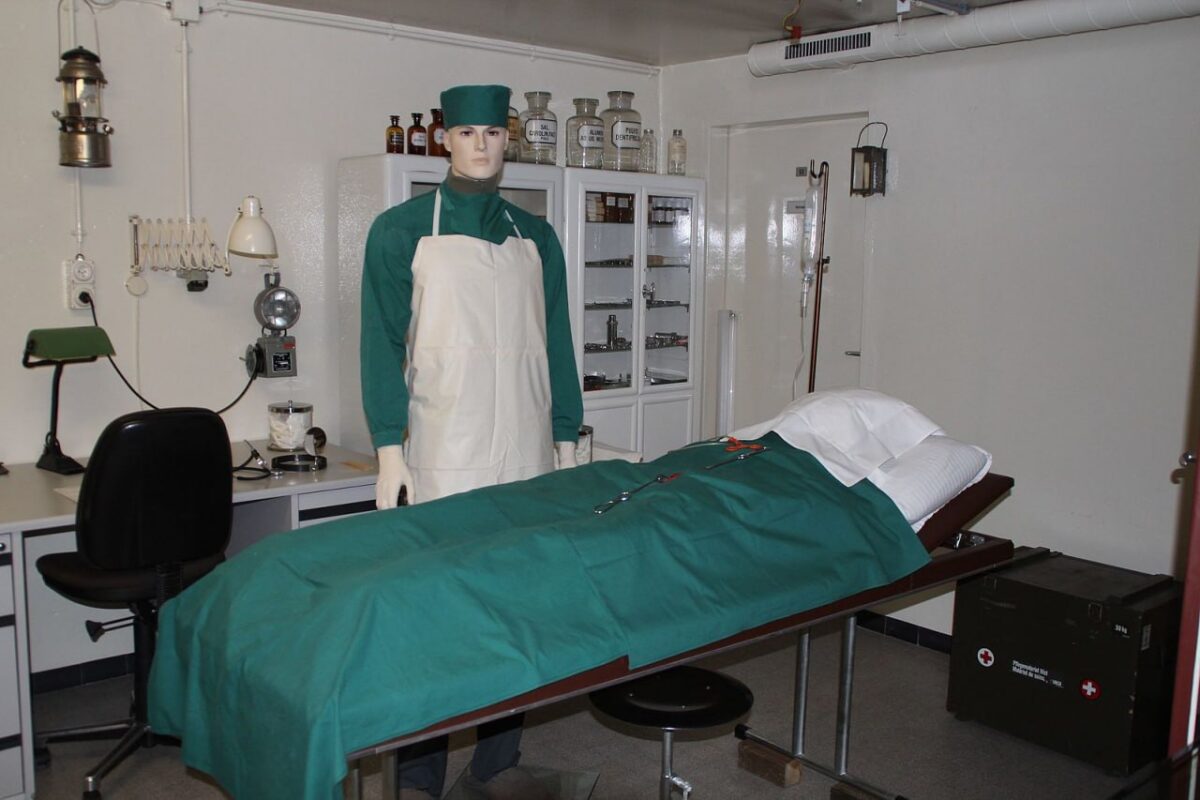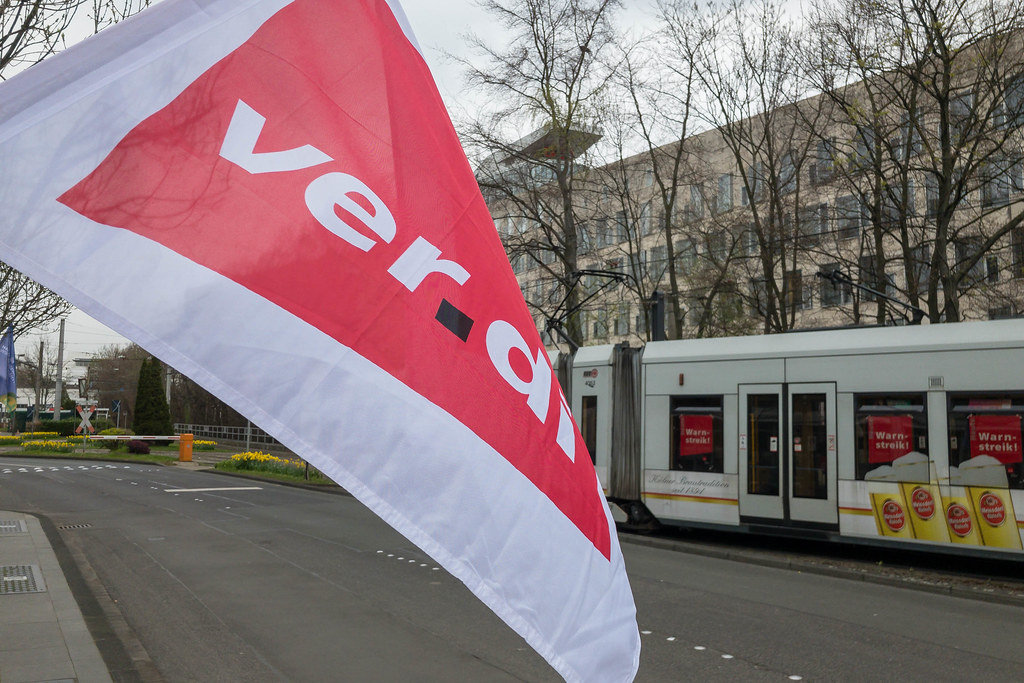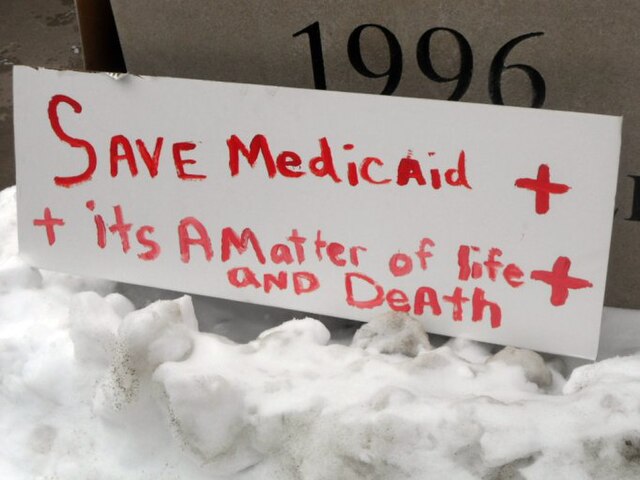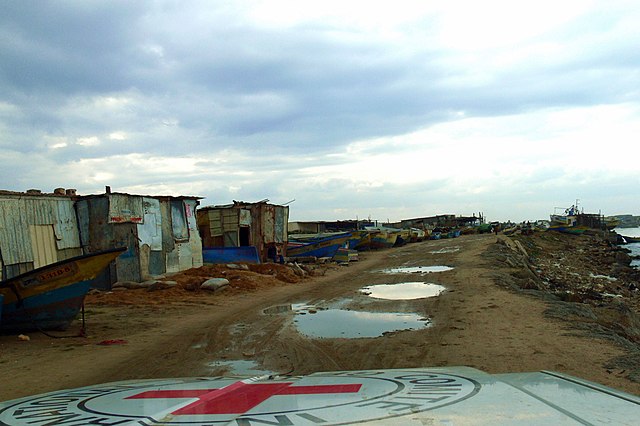The response of the Westminster government to the management of the coronavirus pandemic in England has been characterised by inertia, lack of trust in the public, outrageous cronyism and an unwillingness to learn lessons. Even now, none of this has changed. The consequences include 139,000 deaths (8.6 million cases); massively increased waiting lists for National Health Service (NHS) treatment; general practice (primary medical care) in crisis; huge numbers of staff vacancies and a burnt out workforce. Numbers of COVID infections (particularly among the young) are now rocketing, with escalating hospital admissions and deaths. Yet there is still a reluctance to implement basic mitigating interventions such as mask wearing and improved ventilation in schools and workplaces. The initial rapid roll out of vaccine has now stalled, yet vaccination is still being promoted as the only intervention that is effective. The only plan there appears to be is waiting for ‘herd immunity’ through a combination of vaccination and natural infection.
Damning report from parliamentary committees
The management of the pandemic was explored by parliamentary representatives in a report published on 12th October from the House of Commons Health and Social Care, and Science and Technology Committees. The outstanding take home message from this report is summed up in the statement that this was “one of the UK’s worst ever public health failures”. At first sight this appears extraordinary given that the chair of one of the committees was Jeremy Hunt, Secretary of State for Health from 2012-2018. But the discussion is framed in a way that avoids attributing blame to politicians for the effects of their policies or the state of the NHS at the start. In this sense the report must be considered a whitewash.
Scathing criticisms were made, however: the initial response was delayed, care homes were abandoned, the ‘world beating’ test and trace system had marginal impact. The report describes how comparisons with flu and a fatalistic view of the inevitable spread of infection impeded reaction to the pandemic. While clearly condemnatory of the delay in the first lockdown (for reasons including lack of testing capacity and doubts about public compliance) ‘groupthink’ and ‘British exceptionalism’ are given the blame. The fact that delay in lockdown led to a higher death toll is accepted, together with the often made criticism that lack of financial support was a huge barrier to people isolating. Little negative attention is focused in the report on the delay in triggering the second lockdown. But senior scientists now feel this was an even more serious error, leading to tens of thousands of unnecessary deaths. Rather than incriminating “groupthink” the main problems were seeing the public as a problem; failing to value public health at a local level; and seeing the private sector as the best way to run a test-and-trace system. A post-report example of ongoing problems recently surfaced with revelations that a private laboratory had issued over 43,000 false negative Covid test results allowing many people to unwittingly spread infection.
Bereaved families excluded
The report is also notable for the absence of the voices of those who lost loved ones to Covid. A representative of the Covid-19 Bereaved Families for Justice group commented:
“The report … is laughable and more interested in political arguments about whether you can bring laptops to Cobra meetings than it is in the experiences of those who tragically lost parents, partners or children to Covid-19. This is an attempt to ignore and gaslight bereaved families, who will see it as a slap in the face”.
Not only were they not invited to give evidence to the committees, when they were finally seen by the prime minister 398 days after he first agreed to meet them, the date of the promised judicial inquiry into pandemic management had still not been specified. The select committees report lends weight and urgency to the call for a full judicial inquiry. The excuse that this would divert attention and resources from fighting the pandemic has worn very thin. Especially given both the evident need to learn and apply lessons to manage the current surge in infection, and that there has been no problem in finding time for both a major reorganisation of public health structures and the NHS as a whole.
Former Secretary of State for Health evades scrutiny
Hunt upset Covid bereaved relatives in a radio interview by describing the account given in the report as portraying ‘a game of two halves’, using a jarring football metaphor to indicate that whatever sins had been committed giving rise to around 150,000 (including excess) deaths, these were absolved by the vaccine rollout programme. Astonishingly, he also claimed to know nothing of Exercise Alice, a pandemic modelling exercise, that was only recently made public. This was commissioned in 2016 where the pathogen in the spotlight was not influenza but the coronavirus causing Middle East Respiratory Syndrome (MERS-CoV). Senior health officials war-gamed the impact of this coronavirus hitting the UK. They warned four years before Covid-19 of the need for stockpiles of Personal Protective Equipment, a computerised contact tracing system and screening for foreign travellers.
As Health Secretary, Hunt presided over worsening winter crises; cuts in bed numbers; significantly increased waiting lists and missed targets for Accident and Emergency (A&E) and cancer care; relative falls in budget; increasing privatisation of services; weakening of public health services; a bitter industrial dispute with doctors in training; and a staffing crisis leaving 100,000 vacant hospital posts and a shortage of 7000 General Practitioners. Needless to say, this contributed considerably to the weakened state in which the NHS found itself when faced with Covid-19. The one pandemic exercise he does admit to knowing about (Exercise Cygnus), gave recommendations that were were not implemented.
Health and social care crisis in the UK
Although the title of the Commons report was ‘Coronavirus: lessons learned to date’, very few lessons appear to have been learned. At the time of writing (October 25th), one in 55 people in England have Covid (the highest level since January 2021) and weekly death tolls are approaching 1000. Infection rates in the UK are more than 18 times those in Spain and more than nine those in France. The government’s Scientific Advisory Group on Emergencies has warned of the need for a possible winter lockdown, if measures are not taken now to tackle rising infections. The Chief Scientific Adviser to the government advised to “go hard and go early” with coronavirus restrictions if cases surge (as they are doing). But the government continues to paint an optimistic picture and wishes to give the impression that there is no cause for concern. In contrast, local public health chiefs in England are beginning to break away from government guidance and at least a dozen have called on their population to go back to mask wearing and working from home.
The NHS and Care services are at breaking point
Meanwhile, in the real world, the NHS is under severe pressure and expecting worse to come as winter, influenza and Respiratory Syncytial Virus return. Necessary infection control measures during the pandemic saw another 9,000 beds taken out of commission, making it even more difficult for the health service to catch up with the backlog of work. In the 30 years before the pandemic, numbers of NHS hospital beds more than halved ensuring the UK has one of the lowest numbers of beds for its population in Europe. Half the acute hospitals in England are averaging 95% bed occupancy (85% is regarded as the acceptable maximum), with 5.6% taken by Covid patients (more than 5,000 patients at any one time). The proportion of patients attending A&E departments who are seen within four hours has fallen to 64% (the national target is 95%). Together with lack of beds, this means ambulances sit waiting outside A&E, because crews cannot transfer their patient – or respond to other calls. As a result recently every ambulance service in the country was on the highest state of alert. In addition, care homes refuse to take patients from hospital to free up beds because of their own staffing shortages. These have been needlessly exacerbated by the government’s policy of ‘no jab – no job’.
Crisis – what crisis?
Figures show further increases in numbers of patients waiting for treatment (now at nearly six million) while NHS staffing shortages lead to cancelled operations. General practitioners (primary care physicians) have dealt with 196.8 million appointments so far this year – up 12% on 2019 – but are vilified as lazy in some of the national press. This campaign has generated verbal and physical abuse of staff and is supported by Sajid Javid, the Secretary of State for Health no less. GPs are now considering industrial action while other health trade unions are balloting members over strike action in relation to a below inflation pay offer.
The Care Quality Commission has warned of a “tsunami” of people without the care they need this winter unless staff shortages are tackled. The chief executive of the NHS Confederation (a membership body for organisations that commission and provide NHS services) appealed to the government saying:
“You have got to recognise that we need a national mobilisation. You’ve got to recognise there is a health and care crisis coming over the next three or four months and accept it, acknowledge it and encourage the public to do everything they can to help”.
The head of the British Medical Association representing doctors has said the government is being “wilfully negligent” in not reintroducing mandatory mask wearing indoors and encouraging work from home. Meanwhile, returning from a holiday break in Spain, the prime minister insists the only effective way of combating the pandemic is to press ahead with the booster vaccination programme. He insists that everything is under control and there is nothing to worry about.
There are none so blind as those who will not see.
Sajid Javid stated in a recent press conference on Covid (the first for five weeks):
“We don’t believe that the pressures that are currently faced by the NHS are unsustainable”
arguing that the NHS is in fact coping, while happily predicting daily Covid cases may rise to 100,000. To add to this surreal situation, the Leader of the House of Commons, Jacob Rees-Mogg, claimed that Conservative MPs do not need to wear masks when in parliament because they know each other. Nowhere are there consistent public health messages about reducing infection to be heard other than through vaccination, and little attention is given to improving ventilation in buildings, for example with only 8% of schools having received promised carbon dioxide monitors.
Incompetence, indifference or democide?
The present pandemic management policy in Westminster is indifferent to the loss of life, the long term complications of Covid in survivors and the impact on NHS staff and other frontline workers. This raises the question as to whether this amounts to democide (“the killing of members of a country’s civilian population, as a result of its government’s policy, including by direct action, indifference, and neglect”), “social murder”, gross negligence manslaughter, or misconduct in a public office? Campaigners who have raised such possibilities have watched with interest as French police searched the homes and offices of officials including the former prime minister as part of an investigation into the government’s handling of the coronavirus crisis. Current and former ministers of the French government have been targeted by at least 90 formal legal complaints from civic groups and members of the public over their response to the health emergency. In addition, a Brazilian congressional panel has recommended that President Jair Bolsonaro be charged with “crimes against humanity,” asserting that he intentionally let the coronavirus rip through the country and kill hundreds of thousands in a failed bid to achieve herd immunity and revive Latin America’s largest economy.
Fighting back
While considering such legal challenges, now is the time for a concerted effort to link concerned patients, health and care workers, trade unions and health and social care campaigners in the fight back for a fully publicly funded, provided and planned health, care and independent living service. This is needed urgently before public and staff confidence in the founding principles of the NHS have been irreversibly eroded – leaving private providers as the only winners.




